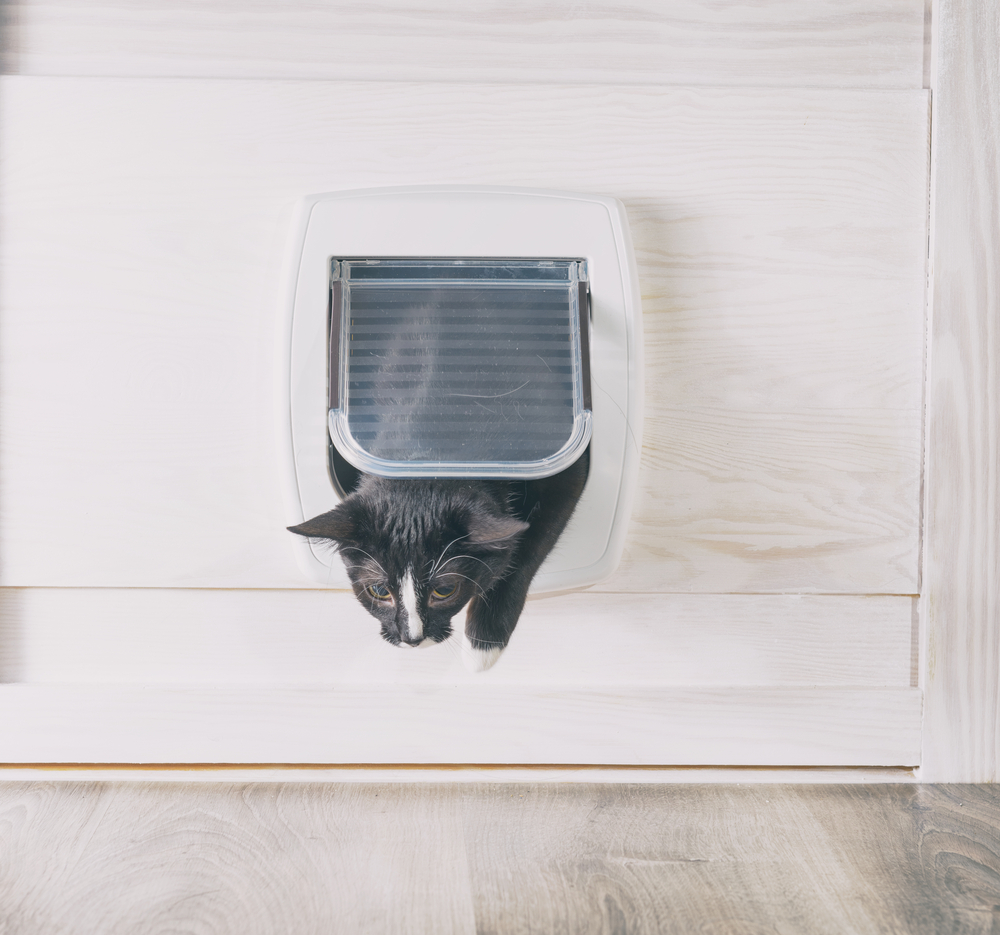There are a lot of weird laws in the Netherlands but not one of them includes guidelines about pet ownership. Consequently, some pretty — shall we say interesting? — cases can come before the court.
Recently, the owner of the cat Felix sued a neighbour who’d been feeding and keeping the cat inside his house. When Felix stopped coming home, she accused the neighbour of stealing him and took it to the district judge in Leiden, reports RTL Nieuws.
What was the verdict?
First of all, it should be pointed out that Felix’s owner was within her rights to take it to court. In the Netherlands, district courts deal with all sorts of disputes between neighbours — from broken fences to pets. 🤷♀️
In this case, the district judge ruled in favour of Felix’s owner, agreeing that the neighbour was in the wrong to feed and keep Felix on his property. According to the ruling, the neighbour has to return Felix immediately and is not allowed to welcome the cat back into his house. Otherwise, he’ll be facing some pretty hefty penalties…
But cats are independent — what if Felix goes back to the neighbour?
Firstly, if the neighbour doesn’t return Felix he’ll have to a fine of €1000. But what if Felix decides to return to the neighbour after being brought to his owner? Well, in that case, the neighbour just has to make sure Felix doesn’t come into his house — or it’ll be one expensive visit.
Namely, he’ll have to pay €100 per day that Felix stays in his house.
A “striking” but not unique case
In the Netherlands, more and more cases about pets are coming before district judges, says Laira Boissevain who specialises in practical animal law. “If you let someone else’s cat sleep and feed in your house, you are not punishable,” says Boissevain. “You are only punishable if you break the law.”
The tricky thing about cases involving pets is that our furry friends are very loosely registered in the Netherlands, meaning it can be difficult to prove ownership. This is especially the case with cats as we all know they tend to do, well, whatever they want really.
As a result, there’s not much consistency in how these cases are handled. Boissevain says that one judge will look at a proof of purchase and photos of the supposed owner together with the pet, while another may not. “That really differs per judge.”
With Felix, the legal ownership was not heavily disputed and the judge simply assumed the woman who sued was the owner.
Are new pet laws needed in the Netherlands?
Boissevain argues that there should be better ways to establish the ownership of pets in the Netherlands. Until that’s possible, she encourages neighbours to make good agreements with each other about their pets.
What do you think of Felix’ case? Tell us in the comments below!
Feature Image: Amaviael/Depositphotos


